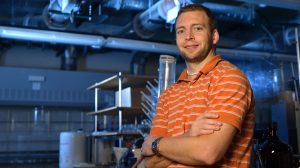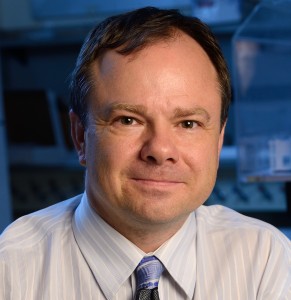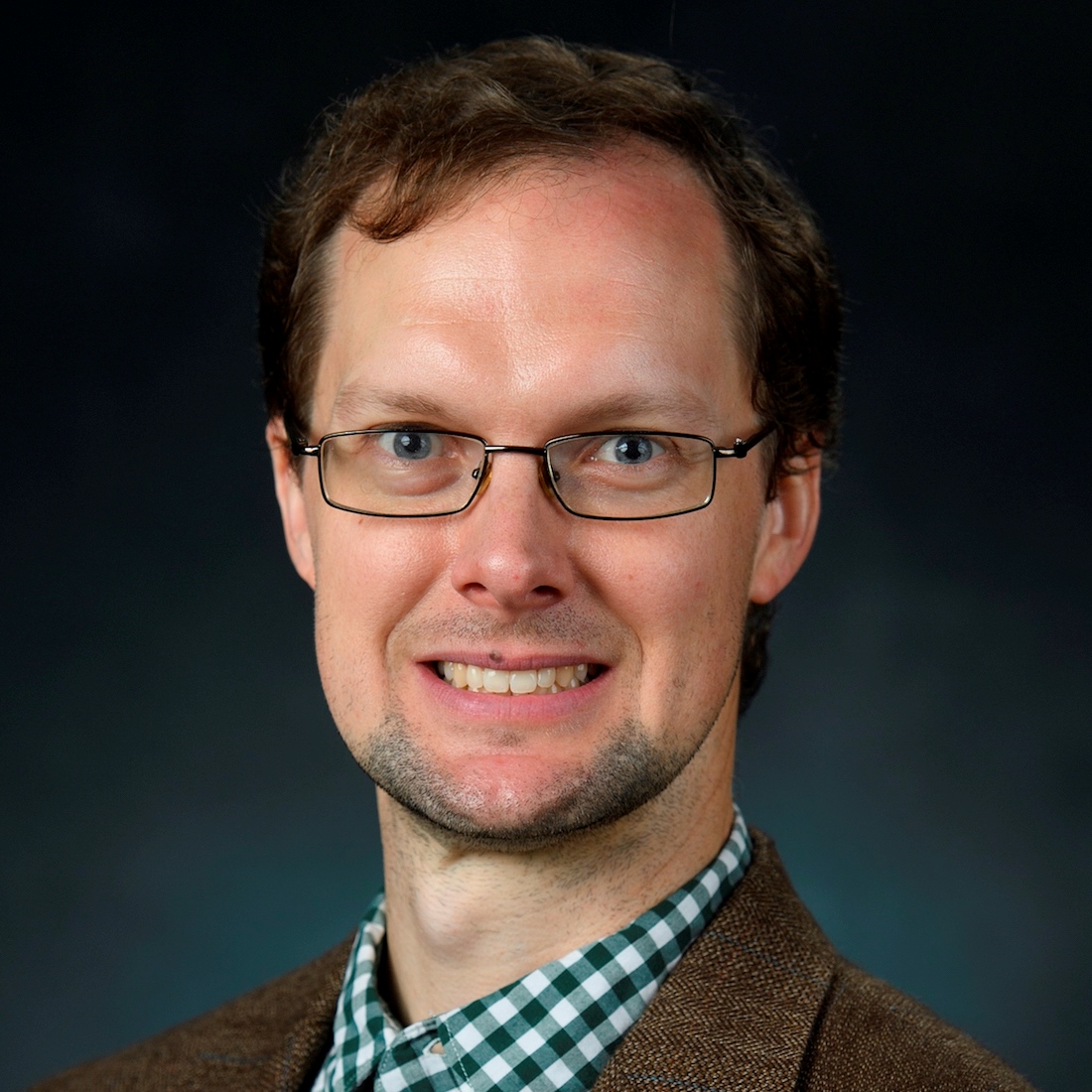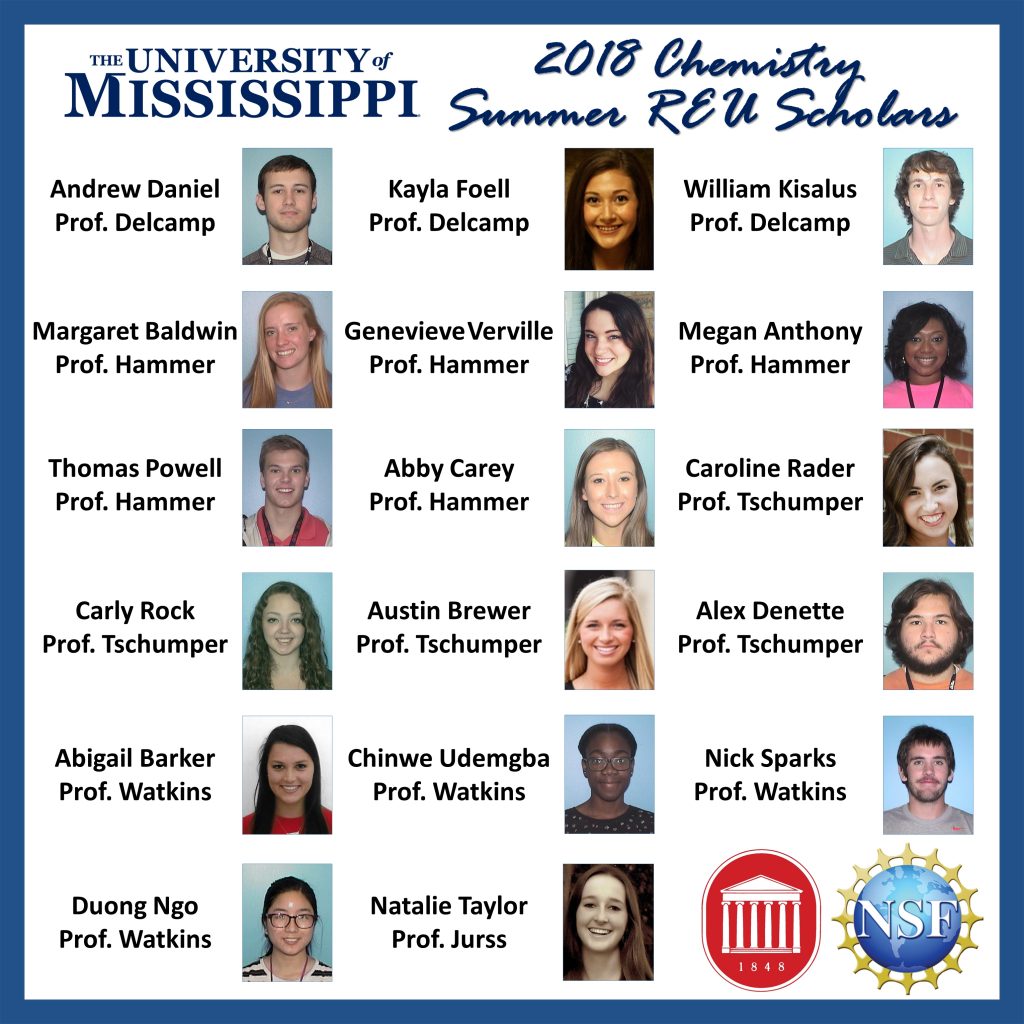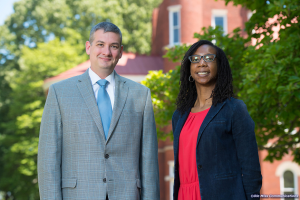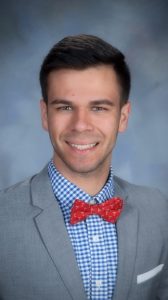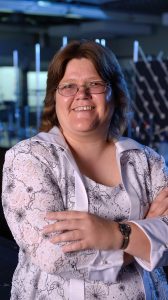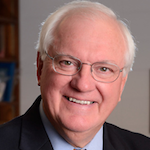Advice from a Recent Successful Pre-Med Chemistry Major
Austin Carroll graduated from the University of Mississippi Department of Chemistry and Biochemistry in the Spring of 2018 with a B.A. in Biochemistry degree. He was fortunate to receive interviews and acceptances from a number of medical schools including Georgetown, Tulane, the University of Mississippi, and the Mayo Clinic. He started as a first year medical student in the fall of 2018 at Georgetown University. According to the US World News, the average acceptance rate of US medical schools was a staggering 7% in the 2017-2018 school year. This number drops even lower at prestigious, private medical schools like the Mayo Clinic, Georgetown, Emory, or Harvard where the average rate hovers between 1.4% to 2%. It thus comes as no surprise that applicants must set themselves apart and build a resume with extraordinary characteristics. As generally science-minded, type A individuals who like to accomplish specific goals, gaining these “extraordinary” experiences is no easy feat. Many students simply say “well, just tell me what I need to do, and I’ll do it.” The problem with this logic is that this set path just doesn’t exist. There is no exact major, GPA, MCAT score, or collection of extracurricular activities that are guaranteed to gain one acceptance into medical school. Austin learned this over the course of his four years in college and he spent a lot of undirected and anxious energy looking for the nonexistent picture-perfect opportunities that would guarantee him an acceptance. Below are Austin’s recommendations on how to best approach being pre-med at the University of Mississippi.
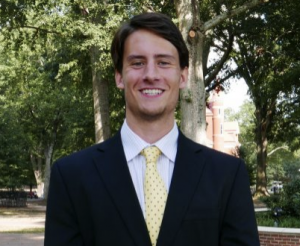
Austin Carroll Graduated from the Department of Chemistry & Biochemistry in 2018 and went to Medical School at Georgetown University
“Through the process, I learned that the key lies in finding what you are passionate about and participating in opportunities that reflect this passion to your fullest ability. With regards to medical school, it is specifically important that this passion is reflected in service to other people. I’ve detailed my path here in hopes that you will use it as an example as you create your own. I looked around anxiously my freshman year but found little to nothing until I came across a summer medical mission trip to Lima, Peru with an organization called MedLife on campus. To be honest, I had no idea what the trip would be like, but I thought it would be a good chance to see another part of the world and to participate in medicine. Once there, I immediately recognized that I had a passion for serving those in communities that faced poverty and health inequalities. When I returned to Mississippi, I saw a vast need for this type of service all around me, and I began searching for opportunities. I soon began volunteering at Oxford Medical Ministries Clinic, a free clinic for those in poverty, and spent my summers and winter breaks working as a patient transportation technician at Baptist in Jackson. I also applied for a two-year program on campus called the Catalyzing Entrepreneurship and Economic Development (CEED) program with the McLean Institute but felt almost sure that I would not be accepted. With so little previous service experience compared to others applying, why would they want me in the first place I thought? To my surprise, however, I received a call a few weeks after my interview and had been placed in the program. This is where things really began to move. With this program, I was able to learn about the effects that health care (or the lack thereof) has on the Mississippi economy and how we can use education and entrepreneurship to combat poverty. As part of completing my CEED requirements, I was able to take the knowledge I had learned and to create a four-week summer program for 5th-8th graders based on chronic disease prevention, general health and wellness, financial literacy, and career readiness. I then reached out to and worked with numerous organizations across Mississippi as I taught the CEED program to fifteen students in the Mississippi Delta.
While I can only speculate, I believe it was this [CEED] opportunity that really solidified my “extraordinary” path and gave me the ability to tell my unique story of discovering and carrying out my passion for serving others. Overall, I was able to demonstrate leadership, a passion for service to those in need, and the capacity to work well with others in my personal statement and secondary essays and how those things translate into becoming a great physician. Sure, I also had the standard things that any pre-med advisor worth their salt will tell you to have like research, volunteering at the local kid’s club, a significant amount of shadowing, a study abroad experience, TAing experience, and a great GPA and MCAT. All these things on their own simply aren’t good enough anymore, though. You must have something that differentiates you and allows you to craft powerful essays because those are the things that get you an interview at Harvard or Georgetown (or insert name of “prestigious” private school).
I would also like to encourage you by saying that each of my opportunities came after being turned down numerous times by other clinics, hospitals, and volunteer organizations. The supply of willing and gifted students is greater than the demand, but I promise you the opportunities are out there. You just have to be passionate and persistent, and you will be given sufficient chances over your time in college. So don’t worry so much about choosing the major that will give you an advantage or copying the exact route of extracurriculars that your friend “X” completed to get into “Y” school. Find what you’re passionate about and then pursue opportunities that allow you to translate that passion into service to others, so when application time rolls around you will have a unique story backed up by concrete experiences to tell the admissions committee.”
